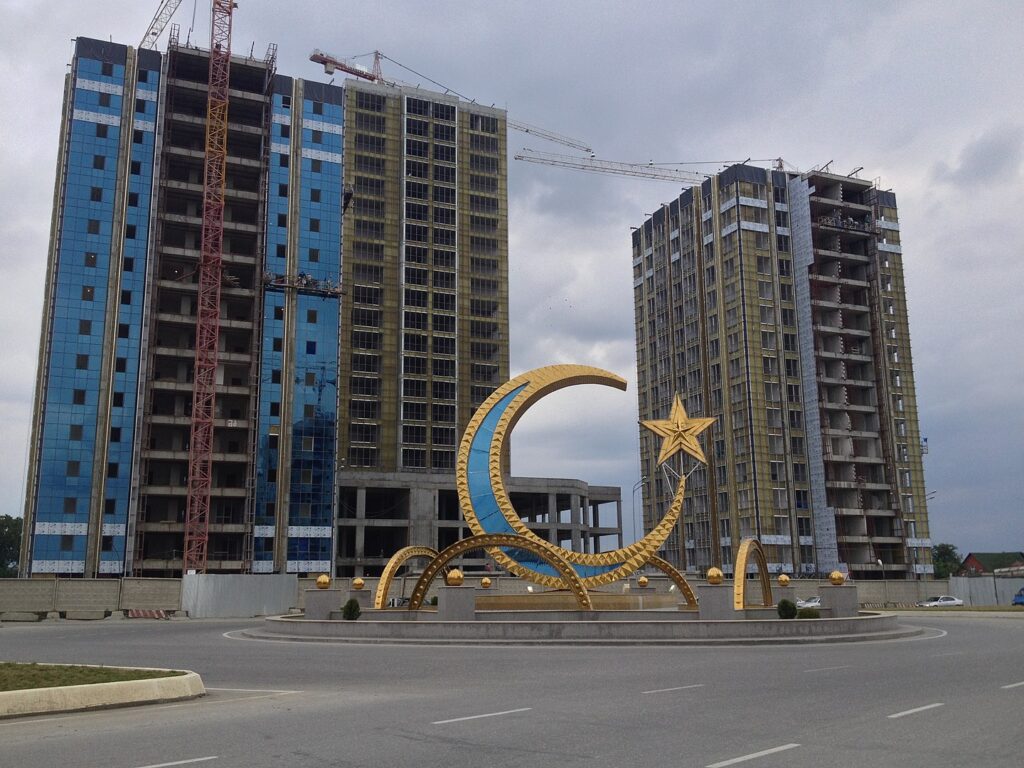Russian actions in the Caucasus have led to many terrorist attacks and hostage taking incidents, but none bigger than the one that took place in early 1996.
Thankfully I have never been taken hostage. I cannot imagine what that feels like, being held captive and wondering whether you will survive. And I hope never to have to experience that.
Hostage-taking seems to have become more violent under Islamist extremism. What used to be nothing really more than ‘inconveniences’ – remember ‘Take this plane to Cuba!’? – have morphed into very deadly events.
Security forces which respond to hostage crises have a very difficult task in front of them. They need to take action to rescue those being held and to take out, if necessary lethally, those holding innocent people captive, ideally without killing the hostages. Not all incidents go off as planned.
When it comes to hostage-taking there are few terrorist groups more adept at this tactic than those located in the Caucuses. This area of Central Asia has been a source of unrest for Russia (Imperial Russia, the Soviet Union and now Russia) for centuries. Many, many actors in the region have carried out acts of violence to protect their independence and shake off the Russian yoke.

The 2012 Dubrovka attack
The largest such incident was not the more recent 2012 Dubrovka Theatre attack in Moscow, in which Chechen terrorists captured 1,000 theatre-goers and which ended tragically when 130 hostages were killed, many by a sleeping gas which special forces deployed into the room to neutralise the terrorists.
10 days that shook Russia: Siege in the Caucasus
No, there was a much, much larger one back in 1996. Beginning on January 9 of that year a ‘rebel gang’ led by a close relative of the Chechen secessionist leader, Dzhokhar M. Dudayev, took 3,400 hostages in the Dagestani city of Kizlyar, and threatened to start killing them unless Russia stopped its year-old war against the Chechen homeland. Most of those taken were from a hospital, and nurses crowded around women who were giving birth, trying to protect them. The terrorists eventually whittled down the number of captives to 100 and headed in buses for the town of Pervomayskoye, near the border with Chechnya.
The crisis finally ended nine days later with the killing of all the terrorists and an indeterminate number of hostages. The Russian forces appear to have opened fire indiscriminately and there were allegations that then President Boris Yeltsin felt he had to act decisively for fear of looking ‘weak’.
The purpose of this piece is not to overly criticise the actions of the Russian military.
These are very difficult situations and we have no need for Monday morning quarterbacking. Those seeking the best possible outcome are placed before excruciatingly hard choices.
The bigger issue is Russian policy in Chechnya and other parts of the Caucusus region. Centuries of military actions have not decreased the violence; quite the contrary.
You’d think that Russia, and by extension all of us, would have learned that lesson by now.
